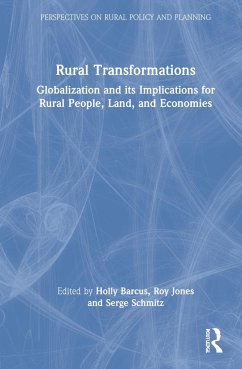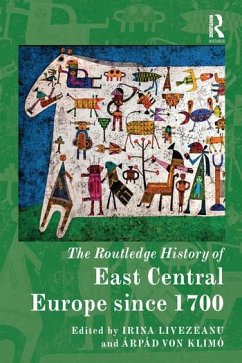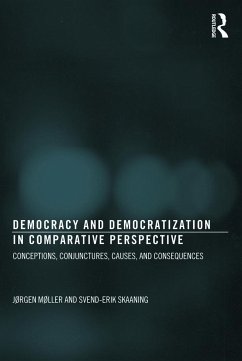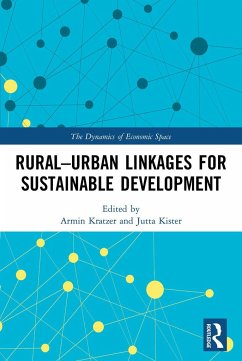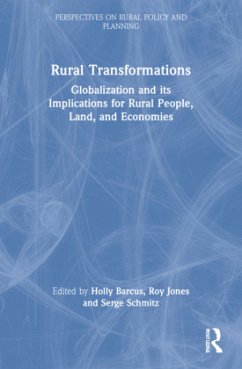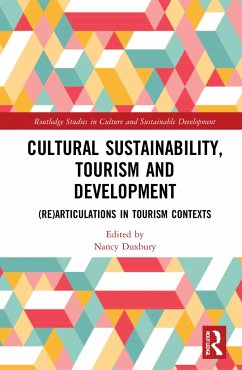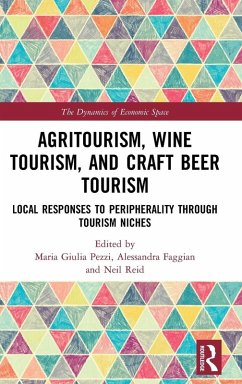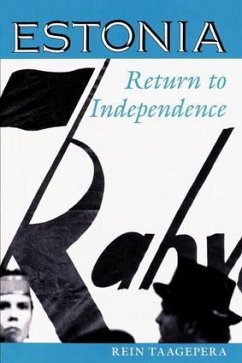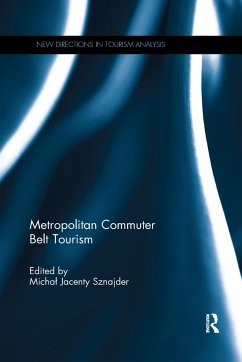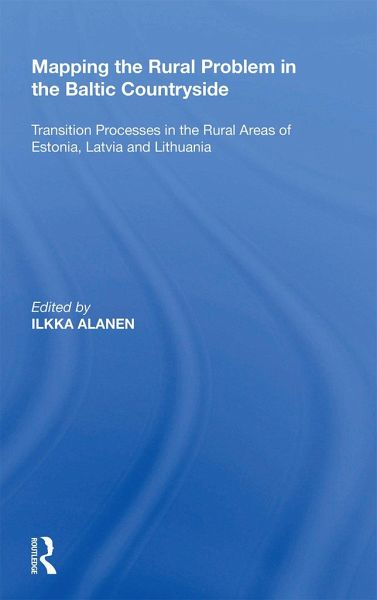
Mapping the Rural Problem in the Baltic Countryside
Transition Processes in the Rural Areas of Estonia, Latvia and Lithuania
Herausgegeben: Alanen, Ilkka

PAYBACK Punkte
17 °P sammeln!
The agricultural privatization strategy adopted in Estonia, Latvia and Lithuania was based on the premise that family farms are the most effective alternative to socialist large-scale agriculture. In addition, international organizations, particularly the World Bank, made recommendations concerning reform speed, synchronization and ownership rights that would facilitate transferring resources from large-scale producers to family farmers. This book provides a critical and comparative analysis of the implementation of this policy, and in particular the strategy promoted by the World Bank. The pr...
The agricultural privatization strategy adopted in Estonia, Latvia and Lithuania was based on the premise that family farms are the most effective alternative to socialist large-scale agriculture. In addition, international organizations, particularly the World Bank, made recommendations concerning reform speed, synchronization and ownership rights that would facilitate transferring resources from large-scale producers to family farmers. This book provides a critical and comparative analysis of the implementation of this policy, and in particular the strategy promoted by the World Bank. The preservation of large-scale production is the key to Estonia's success while its eradication from Latvia and Lithuania did not produce a family farm system. Work productivity and the extent of plot farming are the indicators of success or failure. Research findings on deindustrialization, the hardships faced by new enterprises, rural tourism, increasing poverty, and problems in the civil society as presented in this book shed new light on these and other key issues in transition strategy.





